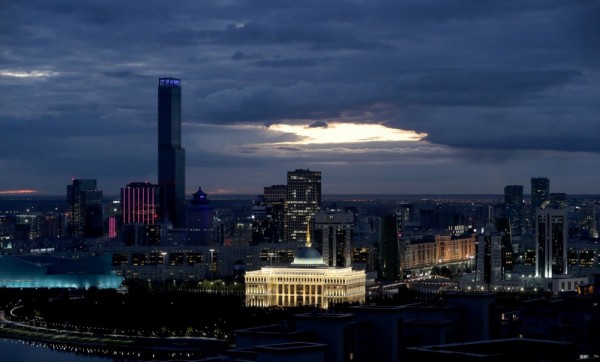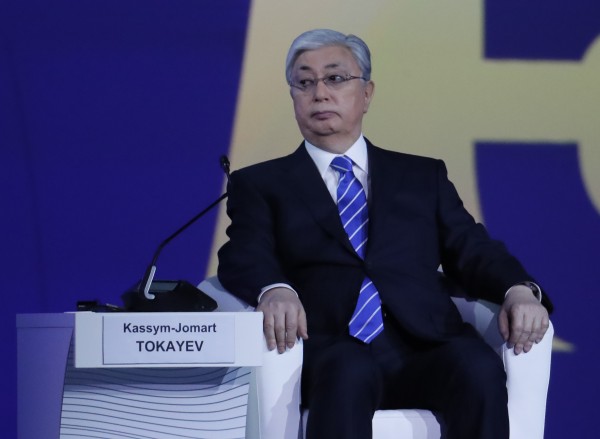According to information provided to the International Press Institute (IPI), a number of media organisations and other businesses in Kazakhstan have been closed and their staff ordered by the authorities to remain inside the buildings.
At 5 p.m. (local time) in Almaty, Kazakhstan, four individuals from the General Prosecutors Office (GPO), accompanied by six police officers, visited the offices of the KTK television station and informed staff they had a court order to close the station.
The order was founded on the alleged failure of the station to broadcast in two languages (Russian and Kazakh) in accordance with an agreed percentage split. As a result, the television station was forced to halt its broadcasts.
At the same time, other members of the GPO visited the offices of the Karavan weekly newspaper, which was due to go to print tomorrow. Newspaper staff were told that the newspaper was to be closed immediately; no legal basis was given for the closure. The authorities also visited the newspaper’s printers outside Almaty and halted tomorrow’s print run.
Staff at the Internet Web site Kazakhstan Today have also struggled to prevent the site from crashing. At present, they are attempting to place the Karavan’s news stories on the site, but have had little success.
Aside from media organisations, the Kazakhstan bank Nurbank has been closed. Like the staff of the media organisations, they have been ordered to remain in their offices.
One of the most disturbing aspects of the case is that the police authorities have also searched the homes of journalists causing panic among family members.
The authorities have disabled all mobile phones and work phones. International media attempting to reach journalists from the media organisations have also had their communications cut.
The son-in-law of the Kazakh president, Rakhat Aliev, the present Ambassador to Austria, owns all of the media organisations and Nurbank. He presently stands accused in Kazakhstan of pressuring officials from Nurbank.
In recent days, he has sought to counter the accusations by conducting media interviews, which appear to have angered the authorities.
Commenting on the issue, IPI Director Johann P. Fritz said, “This is a politically motivated assault on the media and I am particularly concerned by the decision of the authorities to force journalists to remain in their offices and to search their homes.”
“Such activities are designed to instil fear in journalists and their families and are an attempt to pressure the media into silence,” added Fritz.


